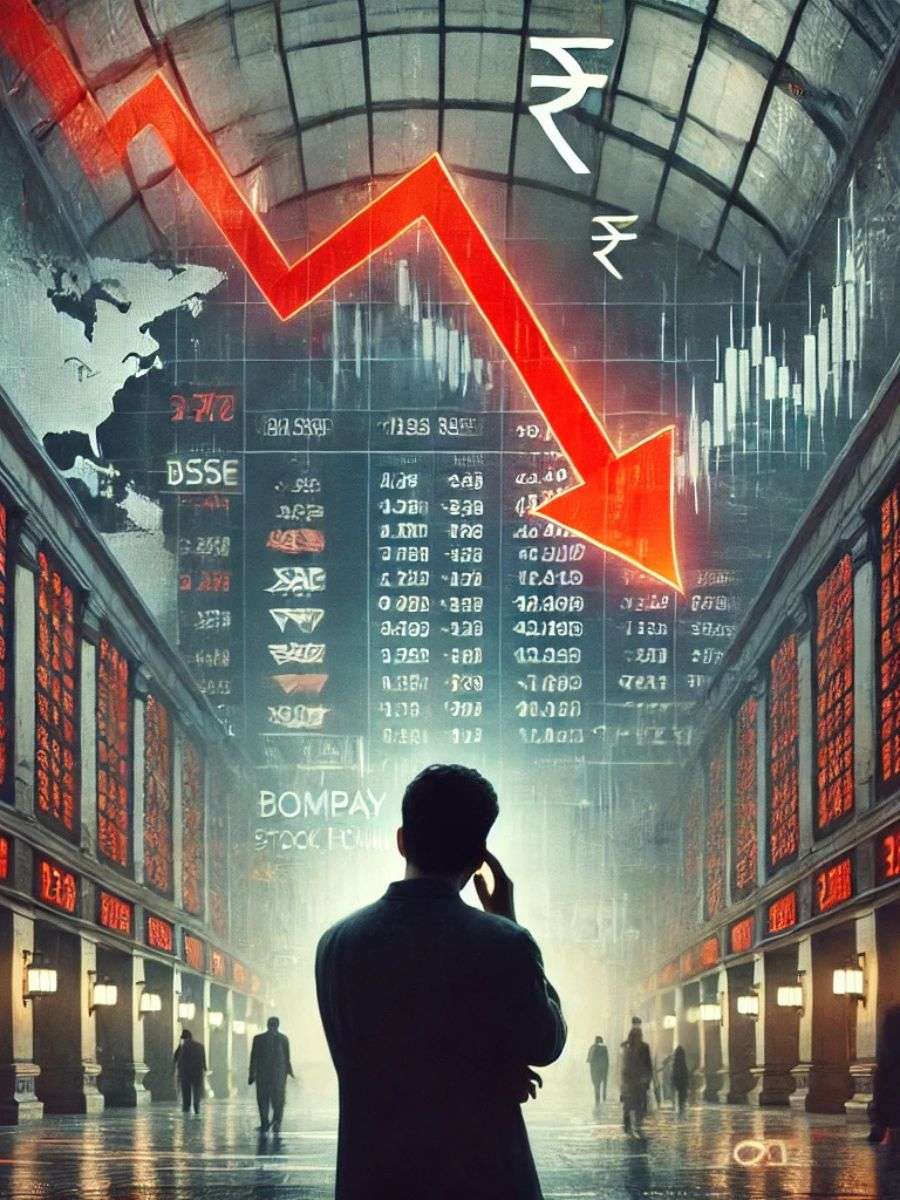Introduction
In a significant move to strengthen India’s electronics ecosystem and reduce imports, Vedanta Limited, the country’s natural resources and technology giant, has announced the addition of semiconductor and display glass enterprises to its portfolio. This strategic decision aims to foster the growth of these two industries by collaborating with leading international corporations and leveraging Vedanta’s expertise in large-scale production and operational excellence.

Importance of Semiconductors and Display Fabs in the Electronics Ecosystem
Semiconductors and display fabs are considered the fundamental building blocks of every electronics ecosystem. Akarsh Hebbar, Global MD of Vedanta’s Semiconductor and Display Business, highlights their significance in enabling the emergence of various ancillary sectors both upstream and downstream. By fostering these sectors, employment opportunities will be generated, and the economy will experience a positive multiplier effect.
Volcan Investment and Vedanta’s Commitment to Growth
Volcan Investment, a holding company fully owned by the Agarwal family trust, plays a pivotal role in Vedanta’s expansion strategy. Although not listed on the stock exchanges, Volcan Investment supports Vedanta’s vision to work with top global firms and capitalize on their expertise in large-scale manufacturing and operational efficiency.
India’s Current Imports of Semiconductors and Displays
Presently, India imports all its requirements for semiconductors and display panels. Vedanta Limited’s twin projects will infuse vigor into the government’s efforts to achieve self-reliance, or “Atmanirbharta,” in the electronics sector. With India’s semiconductor industry valued at $24 billion in 2022 and projected to reach $80 billion by 2026, there exists immense potential for growth and reducing dependency on imports. The market for display panels, currently valued at $7 billion, is also expected to reach $15 billion by 2025.
Acquisition Process and Collaboration with Twin Star Technologies Limited
The acquisition of semiconductor and display SPVs (Special Purpose Vehicles) will be facilitated through a share transfer at face value. Twin Star Technologies Limited (TSTL), the parent company of the Semiconductor and Display SPVs, operates under the umbrella of Volcan Investments Limited, the ultimate holding company of Vedanta Limited. Furthermore, in September 2022, the relevant SPVs entered into a Memorandum of Understanding (MoU) with the Gujarat government to establish semiconductor and display fabs in Dholera City.
India’s Advantage in Global Supply Chain Diversification
Vedanta’s board authorized this transaction, recognizing India’s favorable position to benefit from the global trend of diversifying critical supply chains in semiconductors and display manufacturing. They believe that India’s economy stands to gain significant advantages from the ever-changing global dynamics, presenting vast potential for growth and development.
Enabling Access to Indian-Made Electronics for All Indians
The addition of semiconductor and display glass enterprises to Vedanta Limited’s portfolio holds promising implications for Indian consumers. With the development of these industries, all Indians will have access to a wide range of devices such as cellphones, laptops, TVs, and electric cars, manufactured using semiconductors and display glass made in India. This achievement aligns with Vedanta’s vision of positioning India as the next global semiconductor center, with the necessary components for success readily available.
Frequently Asked Questions (FAQs)
Q1: Why did Vedanta Limited decide to add semiconductor and display glass enterprises to its portfolio?
Vedanta Limited made this strategic decision to strengthen India’s electronics ecosystem, reduce imports, and foster the growth of the semiconductor and display industries. By collaborating with top international corporations and leveraging their expertise, Vedanta aims to achieve operational excellence and drive the development of ancillary sectors, generating employment opportunities and contributing to the country’s GDP.
Q2: How will the addition of semiconductor and display glass projects benefit India?
India currently imports all its requirements for semiconductors and display panels. By expanding its portfolio to include these enterprises, Vedanta Limited aims to bolster the government’s efforts to achieve self-reliance in the electronics sector. This move not only reduces dependency on imports but also creates opportunities for domestic production, thereby contributing to India’s economic growth and development.
Q3: What is the value of India’s semiconductor industry?
India’s semiconductor industry was valued at $24 billion in 2022, and it is anticipated to reach $80 billion by 2026. This growth trajectory presents a significant potential opportunity for the country, boosting job creation, fostering innovation, and positioning India as a global player in the semiconductor market.
Q4: How does this addition align with India’s goal of Atmanirbharta?
The addition of semiconductor and display glass enterprises to Vedanta Limited’s portfolio significantly contributes to India’s goal of achieving self-reliance in the electronics sector. By reducing dependence on imports and fostering domestic manufacturing capabilities, this initiative strengthens the nation’s electronics ecosystem and promotes indigenous innovation and production.
Q5: How will this transaction impact Indian consumers?
With the addition of semiconductor and display glass enterprises to Vedanta Limited’s portfolio, Indian consumers will have increased access to devices such as cellphones, laptops, TVs, and electric cars made using domestically manufactured semiconductors and display glass. This development empowers Indian consumers and aligns with the vision of making India a global semiconductor center.
Q6: What is Vedanta’s outlook on India’s potential in the semiconductor industry?
David Reed, CEO of Vedanta’s semiconductor division, believes that India has the potential to become the next global semiconductor center. He emphasizes that India possesses all the necessary components for success, including a robust electronics ecosystem, technological expertise, and the commitment to foster innovation and growth in the industry.
Conclusion
Vedanta Limited’s decision to add semiconductor and display glass enterprises to its portfolio marks a significant milestone in strengthening India’s electronics ecosystem and reducing import dependence. By collaborating with global corporations and leveraging its expertise in large-scale production and operational excellence, Vedanta aims to drive growth in the semiconductor and display industries. This strategic move aligns with India’s goal of achieving self-reliance and positions the nation as a key player in the global semiconductor market. With increased domestic production, Indian consumers will have greater access to devices manufactured using locally made semiconductors and display glass. The future looks promising for India as it ventures into the semiconductor and display manufacturing landscape, and Vedanta Limited is poised to play a crucial role in this transformative journey.







